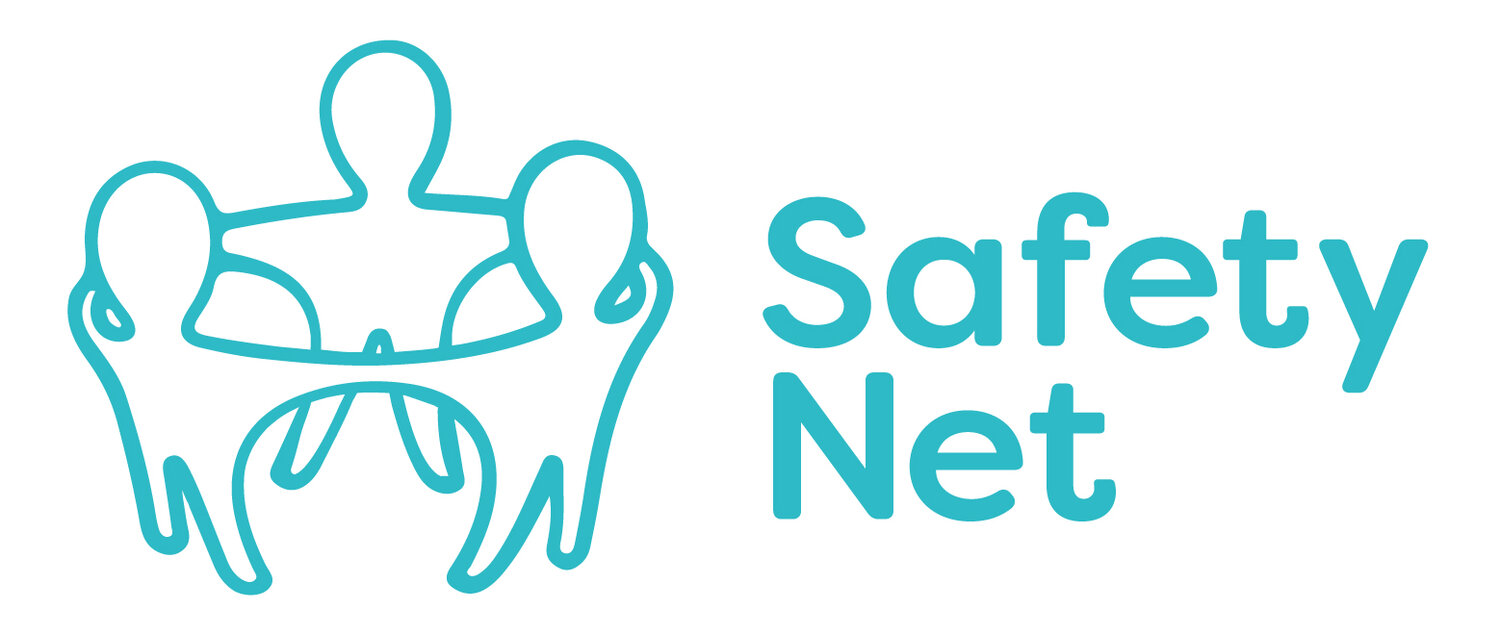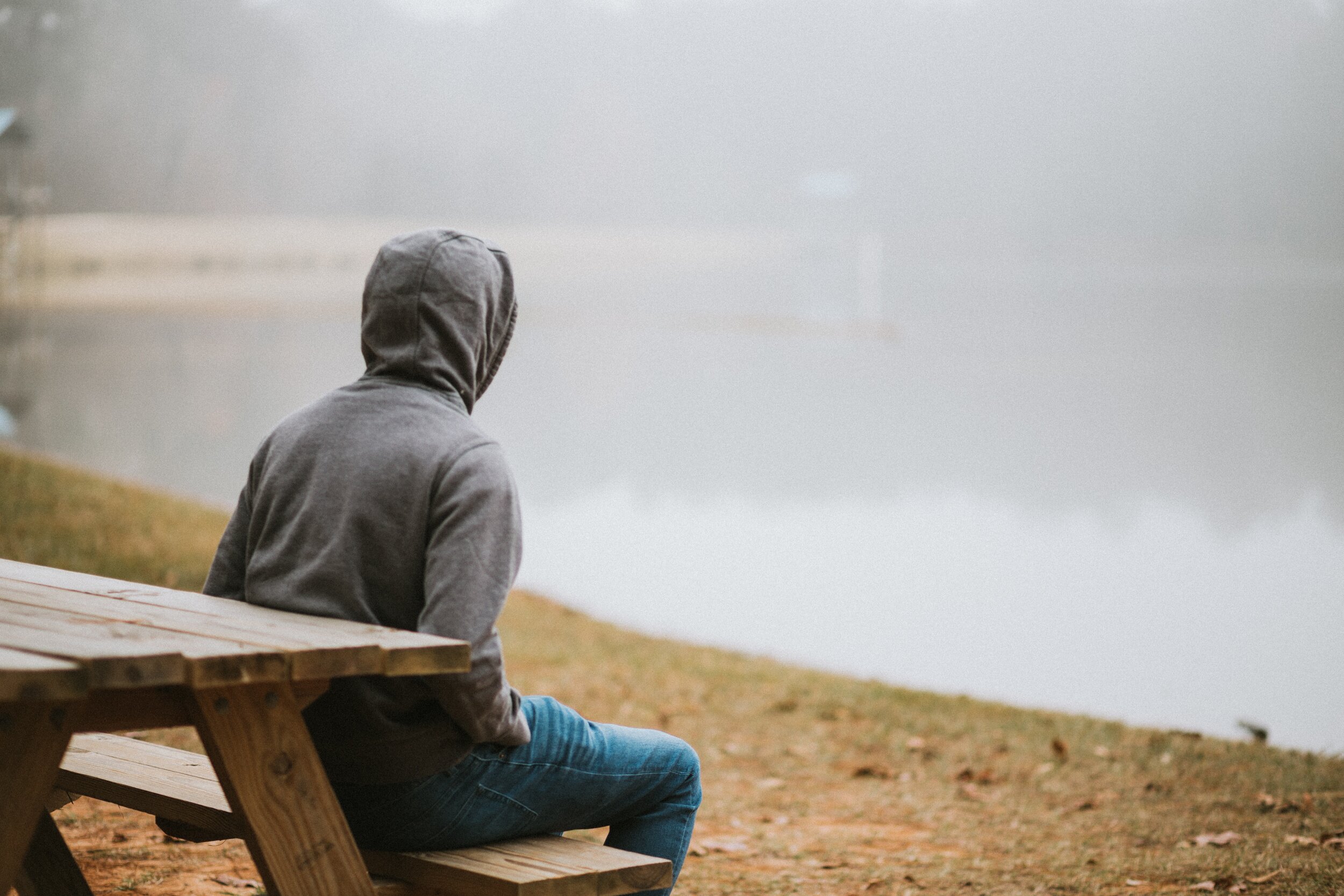Support for adults
On this page you will find information about the support we offer adults.
Domestic and sexual abuse is a crime which affects individuals across all cultures, sexual orientations, gender identities, income groups, ages and religions.
We have highlighted how abuse can affect women, men and transgender people through some facts on this page. We are always mindful of how identity and differences interact with our experiences, and tailor our support to suit your particular needs.
If you have previously been referred into Safety Net but not been eligible for our service, or support has ended due to non-engagement, we ask that you wait 3 months until referring back in. This gives you space, and as we are a recovery service, we have found that after three months people are usually ready to get the most out of recovery support. We understand this may be frustrating, but your health and wellbeing is very important to us.
You can also look around our website where we have some useful information and videos and others sources of help.
How abuse affects women
1 in 5 women have experienced some form of sexual assault since the age of 16, and 1 in 4 women have experienced domestic abuse. Across both genders, an estimated 3.1 million UK adults aged 18 to 74 years were childhood victims of sexual abuse.
Every woman that comes into our service has a story to tell. We are here to listen, to support and to help you recover from the impact of abuse.
Our work is completely confidential and we work in partnership with you so you feel a sense of control over your recovery process.
The impact on women
The trauma which arises from abuse can have a huge impact on your body, mind and emotions. You may find you experience any of the following symptoms:
Feelings of shame
Feeling that the abuse was your fault
Feelings of anger
Feelings of numbness
Feeling anxious and stressed out
Feeling depressed and unable to go on
Not being able to focus
Confusion, memory loss
Problems sleeping
Panic attacks
Problems with intimacy and relationships
Suicidal thoughts
Using alcohol and drugs to cope with these symptoms
How abuse affects men
“Deep down in my mind I knew it wasn’t normal, but I was so scared to speak and come out and say it wasn’t right. It was just horrendous.” – Derek Bell, a former footballer for Newcastle United, talking about the childhood sexual abuse he endured by a former coach in the 1970s.
We know how hard it is for men who have experienced domestic and sexual abuse to come forward and receive help. Society places an expectation on men to be seen as ‘strong’ and many feel embarrassed or ashamed about being seen as a victim.
But domestic and sexual abuse and assault can happen to anyone - women, men and children all experience it. An estimated 3.1 million UK adults aged 18 to 74 years were childhood victims of sexual abuse. Home Office statistics show that around ¾ of a million men each year experience domestic abuse. You are not alone and you don’t have to live in silence. We are here to listen, to support and to help you recover from the impact of abuse.
The impact on men
The trauma which arises from abuse can have a huge impact on your body, mind and emotions. You may find you experience any of the following symptoms:
Feelings of guilt and shame
Feeling isolated and alienated
Flashbacks and invasive thoughts
Depression and anxiety
Anger and mood swings
Self-blame and self-doubt
Problems sleeping and nightmares
Suicidal thoughts
Using alcohol and drugs to cope
Difficulties with relationships and intimacy
Questions about your sexual identity
How abuse can affect lesbian, gay, bisexual, non-binary and transgender people
LGBT+ communities can experience sexual and domestic abuse in a similar way to that of their cisgender peers - through the context of their relationships. But in addition to that, they may have their sexuality and gender identity used against them as a tactic by a perpetrator in order to retain power and control within a relationship.
This can include:
Intimidating through threats of disclosure about their identity.
Making a person feel guilty about their sexuality or identity.
Controlling access to LGBT+ resources.
Coercing someone into believing that they won’t receive help or support because of their sexual or gender identity.
Outing a person’s sexuality or gender identity, without consent.
Forcing a person to perform a gender role that they do not identify as.
Ridiculing or exotifying body part(s).
Our services for adults
Advice & support to address
your immediate needs >
When you first come to our service we will assess your needs and make sure we get you to the right services. If you are in immediate danger, we liaise with other agencies and high risk domestic and sexual violence services which can help you become safe. We also provide emotional and practical support to help you become stable and to improve your resilience so you can cope with everyday life and tasks. We can support with family and criminal court cases and provide information, advice and pre-trial therapy if required.
Therapy & counselling to
help you recover >
Counselling is a talking therapy that involves a trained therapist listening to you and helping you find ways to deal with emotional issues. We offer counselling and therapy sessions to help you recover from the trauma of rape, exploitation, sexual and domestic abuse. The number of sessions will depend on the individual and their needs.
Befriending & group sessions
to develop resilience>
Our befrienders and group sessions help you develop confidence, resilience and your own support networks. Our groups are led by volunteers many of whom are ex-clients. Groups decide for themselves what activities they would like to do – for example, arts and crafts. We have a separate peer support group for men who have experienced childhood sexual abuse.
Recovery from abuse is possible
“ “Safety Net has walked with me through the hardest journey I couldn’t walk on my own, I recommend to anyone that is struggling to give Safety Net a chance.”
— adult service user



